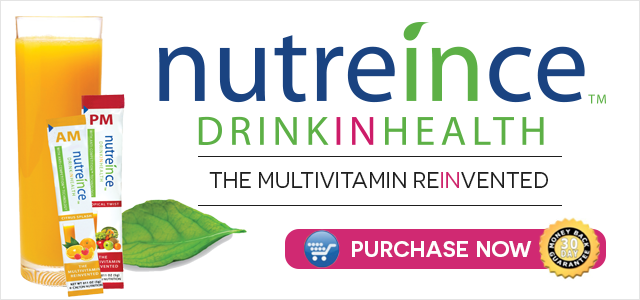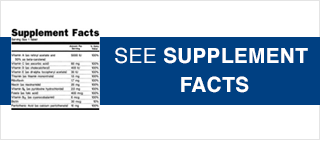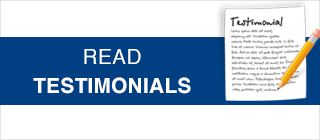
NUTREINCE IS INTELLIGENT DAILY HEALTH INSURANCE
We’re confident in the quality of nutreince and its ability to help you achieve micronutrient sufficiency. We want you to feel confident as well. That’s why we have put together a list of the most commonly asked questions regarding nutreince. Should you have another – send us an email. We would be glad to add it to the list. – Dr. Jayson B. Calton & Mira Calton, CN Inventors of nutreince, Founders of Calton Nutrition
Nutreince Most Commonly Asked Questions
Click each item below to discover more.
How many packets are in one box?
What is the shelf life?
Where and how should I store nutreince?
Is nutreince gluten free?
Is nutreince suitable for children?
Are any ingredients in nutreince organic?
Why should I take nutreince?
Is it safe to consume nutreince while pregnant or nursing?
Is nutreince safe for Diabetics?
Are there any medical conditions or medication that should not be used in conjunction with nutreince?
Does it meet Kosher and/or Halal certifications?
Is there any corn in nutreince? If so is it NON-GMO?
Does nutreince contain any type of: Soy, Dairy/Milk, Casein, Maple, Nuts?
I am lactose intolerant will nutreince be suitable for me?
Is nutreince free of animal products?
Does nutreince require refrigeration?
Is it safe to take nutreince with blood thinners?
Should nutreince be taken with food?
What is the serving size?
Does nutreince contain caffeine?
What is the absorption rate of nutreince?
Is nutreince suitable for menopausal woman?
Why is it important that nutreince is formulated to not contain copper and iron?
Iron is a vital mineral your body needs to function normally. However, the National Institutes of Health’s Office of Dietary Supplements, has indicated that too much iron can cause serious health complications. Because of this, you may want to take an iron-free multivitamin to avoid iron overload, a medical condition that causes excess iron to be stored in vital organs such as the liver and heart. Too much iron may be toxic—and even fatal. In general, iron supplementation is not recommended for adult males and postmenopausal women. If you are a pre-menopausal woman, an athlete that works out for more than 6 hours a week, or a strict vegan/vegetarian you may want to consider iron supplementation. However, you should know that iron competes with ten (10) other micronutrients – making multivitamins formulated with iron highly susceptible to poor absorption rates. If you choose to use an iron supplement, you should take it at a separate time from your daily multivitamin.







